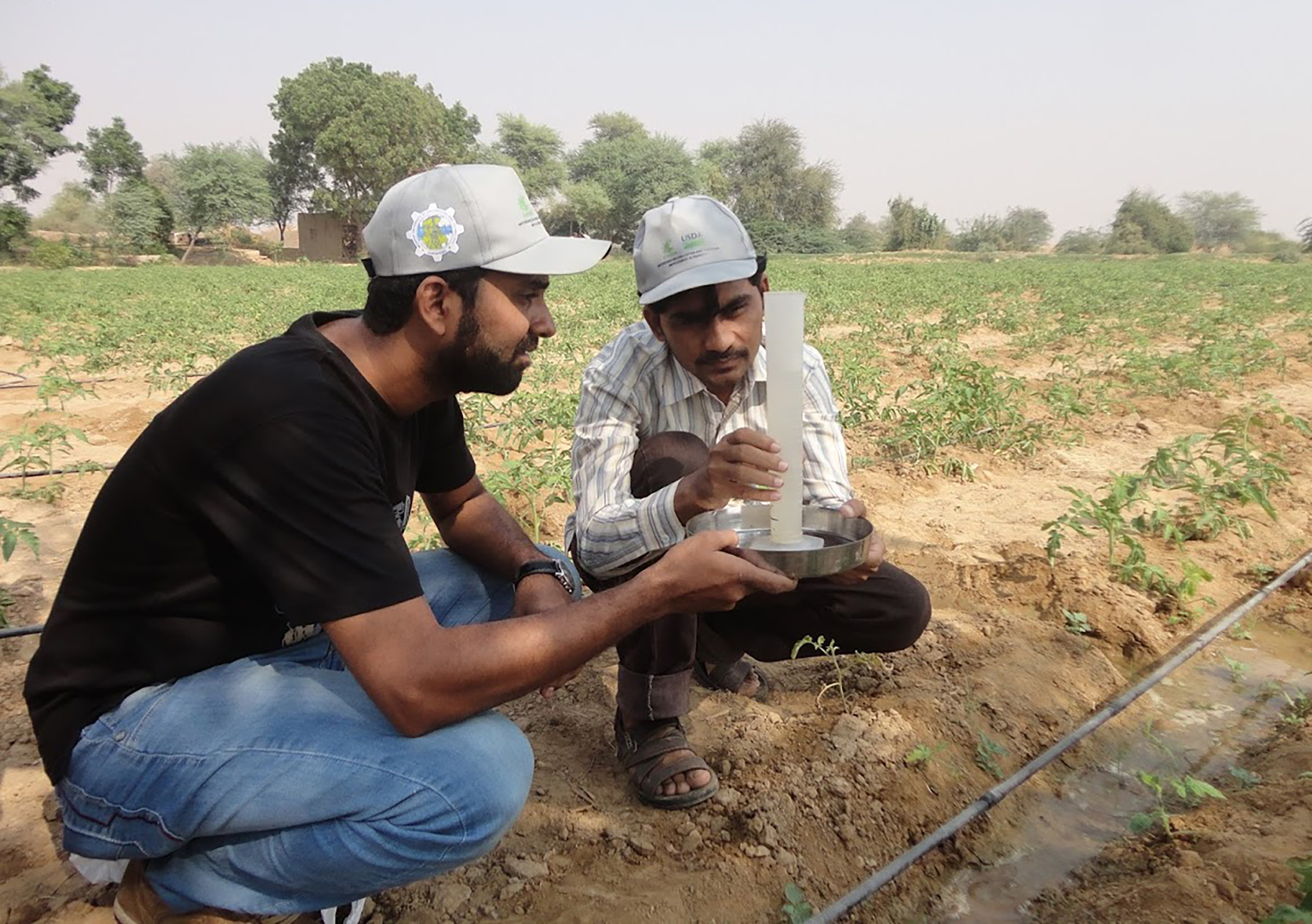
June 4, 2015 — The United States Agency for International Development has reported that, on average, more than 600 Pakistani children die each day from waterborne illness.
Partnering with Mehran University of Engineering and Technology, the University of Utah is working to contribute to water security in Pakistan through the U.S. – Pakistan Center for Advanced Studies in Water. The five-year USAID project will help secure the availability of clean water by supporting the training of professionals that plan, design, build, operate, maintain and manage safe and resilient water systems for agriculture, industry and metropolitan users.
“Estimates indicate at least one quarter of Pakistanis do not have safe and reliable access to clean drinking water,” said Steven Burian, associate professor of civil and environmental engineering at the U and director of the U. S. – Pakistan Center for Advanced Studies in Water. “This project is contributing to curriculum advancement, applied research innovations, technology and venture commercialization, business growth, stakeholder engagement, network building and workforce development to achieve water security in Pakistan.”
USAID formally announced the project, June 3, in Islamabad at the launch of the U.S. – Pakistan Centers for Advanced Studies initiative, a $127 million investment by the U.S. to bring higher education research and training opportunities in energy, water, agriculture and food security to Pakistan. Burian and other representatives from the U were in attendance in Islamabad to represent the water project.
“The University of Utah’s leadership in this project exemplifies a global collaboration that is mutually beneficial to everyone involved both in Pakistan and here in Utah; a hallmark of U President David W. Pershing’s global vision and blueprint,” said Michael Hardman, chief global officer at the U. “Given our faculty expertise in interdisciplinary water research, sustainable development and innovative engineering education, the U is ideally situated to lead this project and we look forward to playing a key leadership role in the success of this important global initiative.”
In December 2013, the World Resources Institute ranked Pakistan among the 36 most water-stressed countries in the world. Few places experience greater impacts from drought and flood extremes. In the past few years there have been conditions that have been among the most dire globally in terms of drought, sanitation and floods.
To address the current and ongoing needs, the project will focus its efforts on hydraulics, irrigation and drainage, integrated water resources management, sanitation and hygiene and environmental engineering.
“By helping Pakistan, we help ourselves. Many of the issues that Pakistan is facing are similar to Utah, such as water management for resiliency to drought, rehabilitation of aging water infrastructure, and protection of environmental quality and public health. We’ll learn as we work with MUET, as well as conducting research and disseminating knowledge,” added Burian.
To address the broad challenges and opportunities of the project, the U has strategically involved selected researchers from Colorado State University, City College of New York and National Oceanic and Atmospheric Administration-Cooperative Remote Sensing of Environmental Science and Technology, UNESCO-IHE Institute for Water Education and the Stockholm Environment Institute.
An important factor to USAID is creating gender equity within the project. Approximately 10 percent of MUET students are women, so the center will work closely with the U’s Women’s Resource Center and the Pakistan National Commission on the Status of Women to recruit and empower women and develop leadership skills while in the program.
A formal signing ceremony with the vice chancellor of MUET, Aslam Uqaili, multiple dignitaries from Pakistan and top U administrators will be held on the U campus, Tuesday, Aug. 11. Media are invited to attend, ask questions and conduct individual interviews. More information will be sent as the event draws closer.
###
